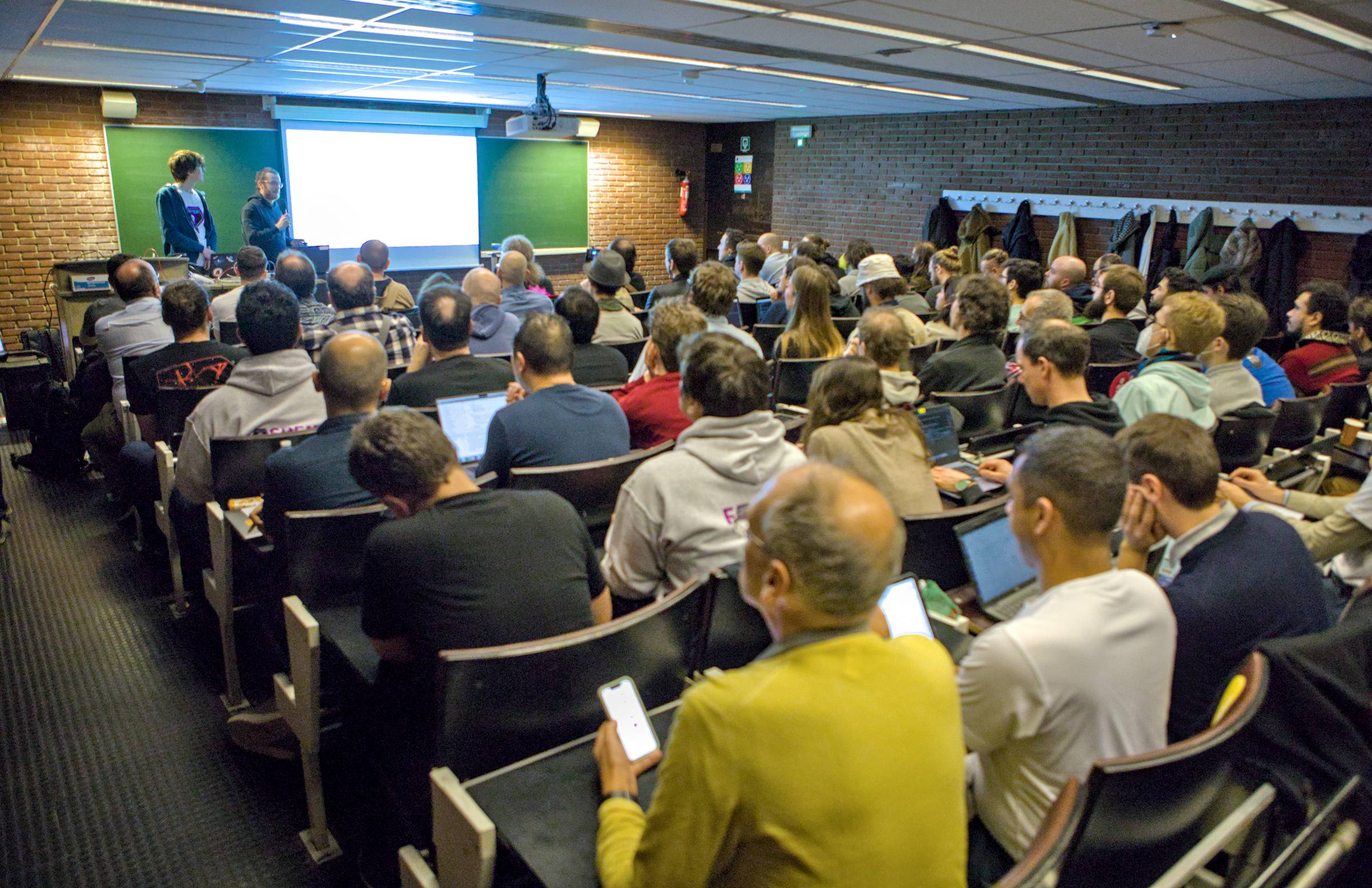FOSDEM 2024 Recap – Power to the People – Technology for Access to Energy
At the FOSDEM 2024 Energy Devroom, a session titled “Power to the People – Technology for Access to Energy” shed light on the crucial intersection of open source technology and energy access, presented by Vivien Barnier of the EnAccess Foundation and Martin Jäger of Libre Solar (video follows below). The discussion centered around leveraging open source solutions to address the challenges of providing reliable electricity to underserved communities around the world. Here are the key takeaways from the session:
Global Electrification Challenges
Despite progress in electrification efforts, there remain significant disparities in access to electricity, particularly in remote and low-income regions. The session highlighted how population growth often outpaces electrification efforts, leading to a stagnation in progress.
The Role of Open Source Technology
Open source technology presents a promising solution to accelerate electrification in underserved areas. By fostering collaboration and reducing the duplication of efforts, open source initiatives can help overcome the challenges faced by traditional energy industries.
Example Project: Open Source Battery Management System (BMS)
An illustrative example discussed during the session was the development of an open source battery management system (Libre Solar BMS C1) aimed at providing reliable electricity in energy access projects. This project, developed collaboratively with the EnAccess Foundation, emphasizes open hardware and firmware solutions.
Technical Insights
The session provided technical insights into the development process of the open source BMS, including the use of tools like KiCad for hardware design and Zephyr RTOS for firmware development. The emphasis was on creating adaptable and resilient solutions to meet the diverse challenges of energy access projects.
Community Engagement and Future Outlook
The presenters highlighted the importance of community engagement and collaboration in driving the adoption of open source solutions for energy access. By involving stakeholders from diverse backgrounds, including local companies and international organizations, the aim is to create a more equitable ecosystem for energy provision.
